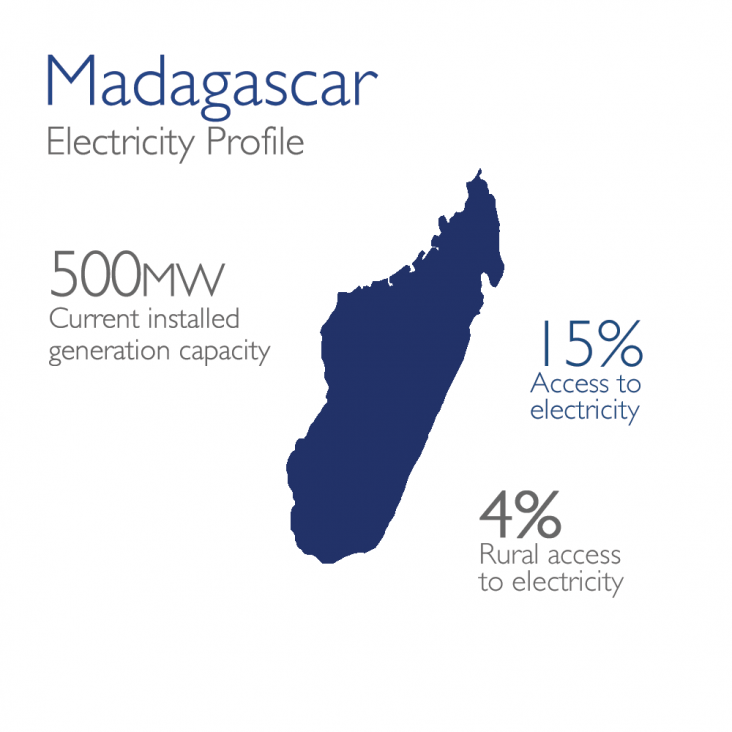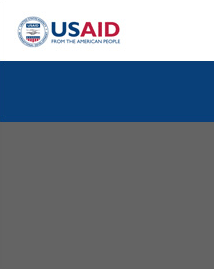- Where We Work
- Interactive Map
- Afghanistan and Pakistan
- Africa
- African Union
- Power Africa
- About Us
- How We Work
- Partners
- News & Information
- Power Africa Toolbox
- Where We Work
- Angola
- Benin
- Botswana
- Burkina Faso
- Burundi
- Cameroon
- Chad
- Côte d`Ivoire
- Democratic Republic of the Congo
- Djibouti
- Eritrea
- Ethiopia
- Gabon
- Gambia
- Ghana
- Guinea
- Guinea Bissau
- Kenya
- Lesotho
- Liberia
- Madagascar
- Malawi
- Mali
- Mauritania
- Mozambique
- Namibia
- Niger
- Nigeria
- Republic of Congo
- Rwanda
- Senegal
- Sierra Leone
- South Africa
- South Sudan
- Swaziland
- Tanzania
- Togo
- Uganda
- Zambia
- Trade and Investment Engagement
- Angola
- Benin
- Botswana
- Burkina Faso
- Burundi
- Cameroon
- Central Africa Regional
- Central African Republic
- Chad
- Côte d'Ivoire
- Democratic Republic of the Congo
- Djibouti
- East Africa Regional
- Ethiopia
- Ghana
- Guinea
- Kenya
- Lesotho
- Liberia
- Madagascar
- Malawi
- Mali
- Mauritania
- Mozambique
- Namibia
- Niger
- Nigeria
- Republic of the Congo
- Rwanda
- Sahel Regional
- Senegal
- Sierra Leone
- Somalia
- South Africa
- South Sudan
- Southern Africa Regional
- Sudan
- Swaziland
- Tanzania
- Uganda
- West Africa Regional
- Zambia
- Zimbabwe
- Asia
- Europe and Eurasia
- Latin America and the Caribbean
- Middle East
- Mission Directory
Madagascar
POWER AFRICA FACT SHEET

Madagascar Energy Sector Overview
Madagascar, under its Madagascar Action Plan (MAP), aims to "fight against poverty and to improve the economy.” But Madagascar’s ability to achieve this goal is constrained by challenges in the power sector. As a result, Madagascar’s government is working to expand its electricity supply and encourage investment in the energy sector to stimulate the economy.
Although Madagascar is endowed with an abundance of natural resources such as gold, iron, graphite, chromite, coal, ilmenite, nickel, bauxite, salt quartz, tar sands, semiprecious stones, mica, timber, rare earths, and has the potential to generate 7,800 megawatts (MW) of electric power from hydropower sources, only 2 percent is currently utilized. Madagascar has only 356 MW (hydro) and 150 MW (thermal) of installed generation capacity to serve a population of more than 24 million people. The average solar energy potential is estimated 2, 000KW/m2/year, with additional potential for wind energy across multiple regions.
The majority of its existing capacity comes from hydroelectric and diesel power plants in limited and poor condition. Madagascar has one utility, the State Power Authority (JIRAMA). More than 10 independent power producers (IPPs) account for an increasing percentage of the total electricity production.
Over the past 20 years, electricity demand has increased by about 5 percent per year. Based on 2015 data, Madagascar’s national electrification rate reached only 15 percent of the national need (53 percent in urban areas and 6.5 percent in rural areas). Despite high resource potential and opportunities, Madagascar’s power sector faces significant challenges, including the need for improved distribution and transmission capacity. For the last three years, Madagascar has ranked last globally in the World Bank’s Doing Business indicator regarding the difficulty, delay, and cost of getting electricity, in large part due the nearly 450 days to get a new connection.
The annual consumption of electricity per capita is among the lowest in Africa, and is estimated at 48.53 kWh, less than one-third of the average for Sub-Saharan African countries excluding South Africa.
Sources: L’Agence de Développement de L’Electrification Rural (ADER); http://www.doingbusiness.org/data/exploreeconomies/madagascar/getting-electricity/
Power Africa Support
Power Africa is supporting Madagascar’s energy development strategy through wide-ranging technical assistance in cooperation with GIZ, EU, World Bank / International Finance Corporation, UNIDO, African Development Bank, the Government of Japan, and other development partners, by helping to:
- assist with the development of new laws and regulations that will facilitate private-sector led IPP investments in geothermal, solar, wind, hydro, and biomass projects;
- assist with new IPPs and transition to competitive tendering;
- assist with the planning, operation, and maintenance of generation, transmission, and distribution systems as they are expanded;
- develop the grid code that specifies the rules and responsibilities for all energy stakeholders;
- develop a plan to reduce distribution losses and assist with introduction of “smart grid technology;”
- Support access to off-grid electricity;
About Power Africa
Power Africa is a multi-partner initiative which launched in 2013. Power Africa’s goals are to increase electricity access in sub-Saharan Africa by adding more than 30,000 megawatts of cleaner, more efficient electricity generation capacity and 60 million new home and business connections.
Power Africa works with public and private sector partners to remove barriers that impede sustainable energy development in sub-Saharan Africa and to unlock the substantial wind, solar, hydropower, natural gas, biomass, and geothermal resources on the continent.
Mobilizing Partnerships & Investments
Power Africa draws on the combined expertise and abilities of 12 U.S. Government agencies, the World Bank Group, the African Development Bank, the Government of Sweden, the Government of Norway, the Government of Canada, the UK Department for International Development, the International Renewable Energy Agency, African governments, and private sector partners.
Power Africa’s “Toolbox” approach offers a range of resources to advance key projects on the electricity grid and, through the Beyond the Grid sub-initiative, in places where the national grid doesn’t reach.
Power Africa Contact for Africa:
Sarah Dimson, Power Africa Country Desk Officer
Email: sdimson@usaid.gov
Timothy Cipullo, Political/Economic Counselor,
US Embassy, Antananarivo
Email: CipulloTL@state.gov
Daniel Whyner, Energy Point of Contact
USAID Madagascar
Email: dwhyner@usaid.gov
For more information on Power Africa:
instagram.com/powerafrica
#powerafrica
Power Africa Madagascar Factsheet ![]() (pdf - 573k)
(pdf - 573k)








Comment
Make a general inquiry or suggest an improvement.